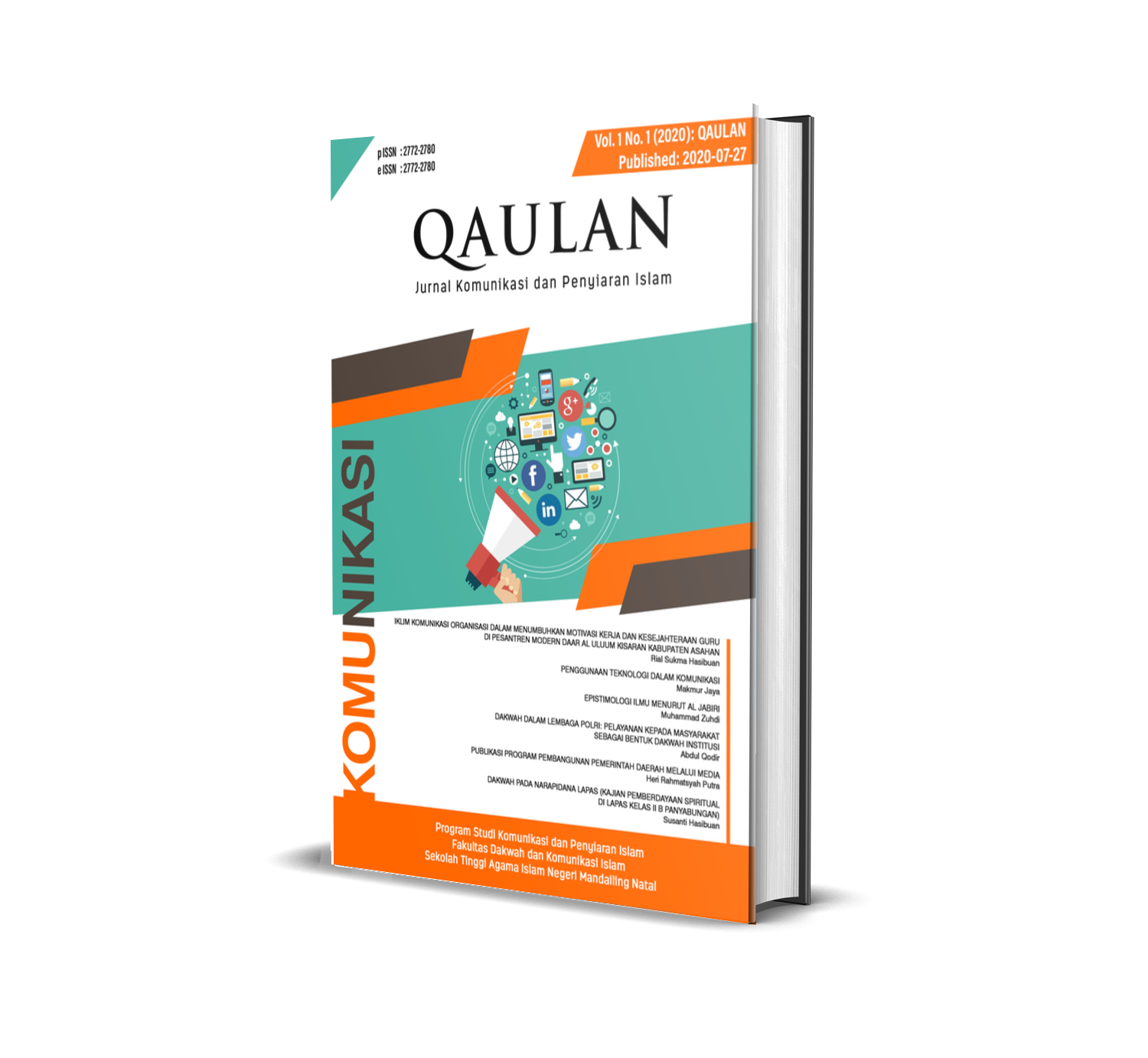About the Journal

Qaulan: Journal of Islamic Communication and Broadcasting registered with ISSN : 2721-8279 (Online) and ISSN : 2722-2780 (Printed). Published biannually, in June and December, this journal serves as a pivotal platform for the exploration and dissemination of knowledge within the field of Islamic communication and broadcasting. Qaulan is under the aegis of the Mandailing Natal Islamic Broadcasting Communication Studies Program, solidifying its commitment to fostering academic excellence and contributing to the discourse in Islamic communication studies.
As a rigorous academic journal, Qaulan: Journal of Islamic Communication and Broadcasting adheres to high standards by accepting manuscripts exclusively from lecturers, researchers, students, and practitioners. These submissions must adhere to predetermined writing conditions, ensuring originality and relevance to the scope of Islamic communication and broadcasting. Manuscripts submitted undergo a meticulous evaluation process, with the editorial team assessing their novelty, scholarly rigor, and adherence to formatting standards. The goal is to maintain uniformity in format, terms, and procedural aspects, ensuring a high-quality and cohesive body of work.
By upholding these stringent criteria, Qaulan: Journal of Islamic Communication and Broadcasting aims to maintain the integrity and credibility of the research it publishes. This approach not only contributes to the academic rigor of the journal but also promotes a diverse range of perspectives within the realm of Islamic communication and broadcasting. As an essential resource for scholars, students, and practitioners alike, Qaulan: Journal of Islamic Communication and Broadcasting plays a pivotal role in advancing understanding and discourse in this specialized field, making it an invaluable asset to the academic community.


